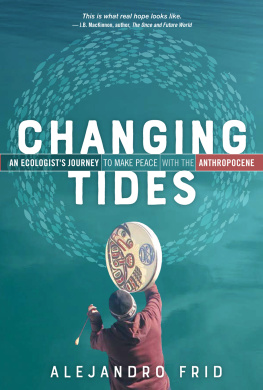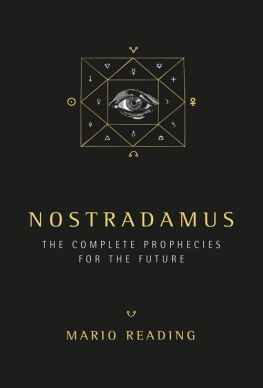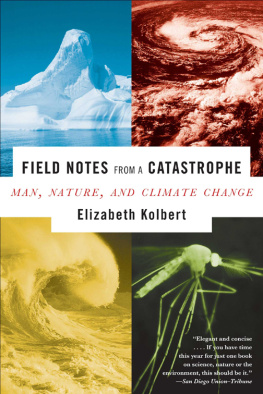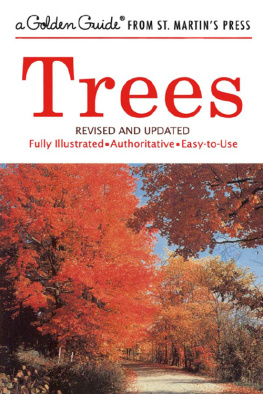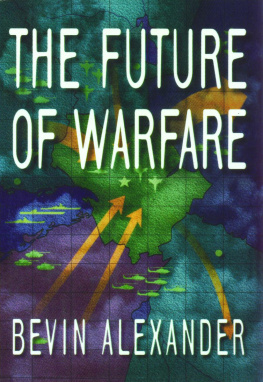Mario Alejandro Ariza - Disposable City: Miamis Future on the Shores of Climate Catastrophe
Here you can read online Mario Alejandro Ariza - Disposable City: Miamis Future on the Shores of Climate Catastrophe full text of the book (entire story) in english for free. Download pdf and epub, get meaning, cover and reviews about this ebook. year: 2020, publisher: PublicAffairs, genre: Art. Description of the work, (preface) as well as reviews are available. Best literature library LitArk.com created for fans of good reading and offers a wide selection of genres:
Romance novel
Science fiction
Adventure
Detective
Science
History
Home and family
Prose
Art
Politics
Computer
Non-fiction
Religion
Business
Children
Humor
Choose a favorite category and find really read worthwhile books. Enjoy immersion in the world of imagination, feel the emotions of the characters or learn something new for yourself, make an fascinating discovery.

- Book:Disposable City: Miamis Future on the Shores of Climate Catastrophe
- Author:
- Publisher:PublicAffairs
- Genre:
- Year:2020
- Rating:3 / 5
- Favourites:Add to favourites
- Your mark:
- 60
- 1
- 2
- 3
- 4
- 5
Disposable City: Miamis Future on the Shores of Climate Catastrophe: summary, description and annotation
We offer to read an annotation, description, summary or preface (depends on what the author of the book "Disposable City: Miamis Future on the Shores of Climate Catastrophe" wrote himself). If you haven't found the necessary information about the book — write in the comments, we will try to find it.
Disposable City: Miamis Future on the Shores of Climate Catastrophe — read online for free the complete book (whole text) full work
Below is the text of the book, divided by pages. System saving the place of the last page read, allows you to conveniently read the book "Disposable City: Miamis Future on the Shores of Climate Catastrophe" online for free, without having to search again every time where you left off. Put a bookmark, and you can go to the page where you finished reading at any time.
Font size:
Interval:
Bookmark:
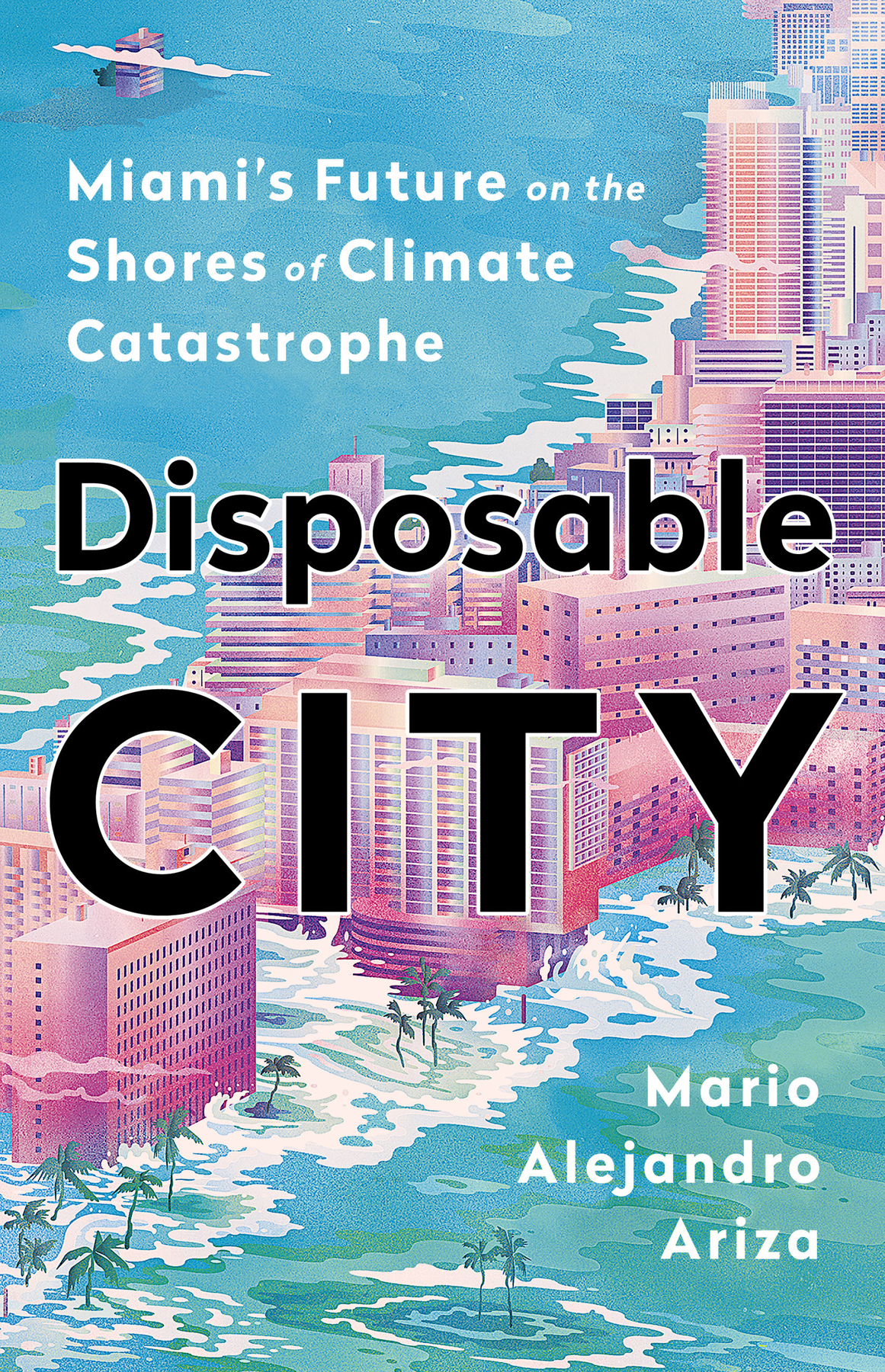
Copyright 2020 by Mario Alejandro Ariza
Cover design by Pete Garceau
Cover illustration copyright Jacob Escobedo/The New Yorker Conde Nast
Cover copyright 2020 Hachette Book Group, Inc.
Hachette Book Group supports the right to free expression and the value of copyright. The purpose of copyright is to encourage writers and artists to produce the creative works that enrich our culture.
The scanning, uploading, and distribution of this book without permission is a theft of the authors intellectual property. If you would like permission to use material from the book (other than for review purposes), please contact permissions@hbgusa.com. Thank you for your support of the authors rights.
Bold Type Books
116 East 16th Street, 8th Floor
New York, NY 10003
www.boldtypebooks.org
@BoldTypeBooks
First Edition: July 2020
Published by Bold Type Books, an imprint of Perseus Books, LLC, a subsidiary of Hachette Book Group, Inc. Bold Type Books is a co-publishing venture of the Type Media Center and Perseus Books.
Portions of Chapter 6 originally appeared in the November edition of The Believer.
The Hachette Speakers Bureau provides a wide range of authors for speaking events. To find out more, go to www.hachettespeakersbureau.com or call (866) 376-6591.
The publisher is not responsible for websites (or their content) that are not owned by the publisher.
Library of Congress Cataloging-in-Publication Data
Names: Ariza, Mario Alejandro, author.
Title: Disposable city : Miamis future on the shores of climate catastrophe / Mario Alejandro Ariza.
Description: First edition. | New York : Bold Type Books, 2020. | Includes bibliographical references.
Identifiers: LCCN 2019057109 | ISBN 9781541788466 (hardcover) |ISBN 9781568589985 (ebook)
Subjects: LCSH: Sea levelFloridaMiami. | Flood controlSocial aspectsFloridaMiami. | Climatic changesRisk managementFloridaMiami. | Climatic changesSocial aspectsFloridaMiami. | Coast changesFloridaMiami. | Climatic changesFloridaMiami. | Global warmingFloridaMiami. | Miami (Fla.)Environmental conditions21st century. | Miami (Fla.)Social conditions21st century.
Classification: LCC GC90.U5 A75 2020 | DDC 363.34/9309759381dc23
LC record available at https://lccn.loc.gov/2019057109
ISBNs: 978-1-54178-846-6 (hardcover), 978-1-56858-998-5 (ebook)
E3-20200529-JV-NF-ORI
To Katherine Stein, without whose love and companionship it could not have been written and to the great-grandchildren of Annie Baz de Guerra
When the waters come, please know you had kin who fought like hell to keep them from your door.
I cant imagine my son, or my grandchildren, living anywhere else, said the mayor of Miami to the former United Nations secretary-general. Perfectly tanned and impeccably coiffed, Francis Suarez was leading the soft-spoken Ban Ki-moon on a circuit of the citys dazzling downtown urban core. Seated next to each other on the hard-backed wooden benches of a City of Miami trolley packed with reporters and civil servants, the pair discussed the uncertain future of the Magic City as the ungainly vehicle trundled along narrow downtown streets. It was February 2019, and I sat behind them, listening as they spoke about the future of my city.
Ban, current head of the Global Commission on Adaptation, took as a given that climate change was happening, that it was having serious negative consequences, and that it was time to get smart about mitigating impacts. Like an aging rock star whod hired a new band and written a comeback album, Ban and his Global Commission were on a world tour. Their first stop was Miami, a city thatas you may have heardis probably doomed. But the metropolis at the tip of southeast Florida, set to drown in the rising sea by the end of the twenty-first century, was not going down without a fight.
We want to be the most resilient city on the planet, and a model for resiliency around the world, the mayor told Ban as the trolley arrived at its first destination: a giant pump, smack in the middle of the Brickell Financial District, a pump powerful enough to drain a swimming pools worth of water every minute. Across the street from the gleaming pump rose the towers of Brickell City Centre, a $1.5 billion development owned by Swire Properties. Swire had recently announced an expansion of the complex. They believe in the future of the city, boasted the mayor.
Impressive, affirmed Ban.
It was the nicest, shiniest, most capable pump Id seen. None of the people present commented on the fact that it was conveniently located next to one of the areas most expensive commercial properties. Alan Dodd, the director of the City of Miamis Department of Resilience and Public Works and a former colonel in the US Army Corps of Engineers, pointed out that the pump was connected to a giant sump, an underground chamber that cleaned the water the pump drained before moving it to the ecologically vulnerable Biscayne Bay. He then instructed one of his employees to open the gate to the sump, allowing everyone to peer into the vast cistern. As I listened to the water trickling down into the sumps cavernous depths, all I could wonder was, Will it be enough?
I started writing this book in the summer of 2015, though I didnt know it at the time. I was teaching English in Zhengzhou, China. Zhengzhou is what the Chinese term a second-tier city, a metropolis of eight million people that functions as the Middle Kingdoms equivalent of Cincinnati, Ohio. To me, climate change was, up until that summer, a vague nagging, a topic I could learn about latermaybewhen I had the time. And then one high-summer morning, in the middle of Hunan Province, at the center of the Middle Kingdom, on what otherwise should have been an unremarkable day, I stepped outside and found myself unable to see the skyscrapers on the other side of the street. I could barely see the sun. The black, acrid smog was that nebulous and thick.
It stayed that wayinexplicably hazy, ominously overcast, difficult to inhale, for days. Even with a breathing mask it felt like I was swallowing handfuls of cigarette ash every time I opened my mouth. I could smell what humans were doing to the earth. It smelled like exhaust. I could taste it. It tasted like ash. I could breathe itbut just barely. The thick haze covered more than just Zhengzhou. That summer I traveled across the breadth of Chinafrom Shenzhen in the south to Beijing in the northand the smoke and haze followed everywhere I went. This was more than mere pollution. This was climate change. But what did it mean for my plan to move back to Miami at the end of the summer, a city whose vulnerability was already making headlines?
What youre reading is the fruit of the research that I started in that Zhengzhou hotel room, with my laundry drying in the bathroom and the high summer sun obscured by smog. In the course of writing, Ive interviewed more than 150 sources, made half a dozen public records requests, reported on two hurricanes, helped catch a python, kayaked up the Miami River, investigated a nuclear power plant, and followed in the wake of quixotic public officials showing off a shiny new piece of infrastructure meant to hold back the inexorably rising tide.
This books title comes from a conversation I had with a lobbyist in January 2017 while working as a freelancer for a local media outlet on a story about affordable housing. On the phone with Ben Solomon, a squint-eyed, blond-haired real estate lawyer who sits at the nexus of power of realtors, construction companies, and developers in a city run by realtors, construction companies, and developers, we talked for almost forty-five minutes. Even though Miami was in the midst of a housing crisis, he pooh-poohed the idea of the county mandating that developers build affordable homes. (The state legislature would later take away municipalities power to do such pesky things.) Close to the end of the conversation, I asked him, tangentially, what he thought about all this climate change stuff. He started talking about Miami as if it were a patient suffering from a terminal disease.
Font size:
Interval:
Bookmark:
Similar books «Disposable City: Miamis Future on the Shores of Climate Catastrophe»
Look at similar books to Disposable City: Miamis Future on the Shores of Climate Catastrophe. We have selected literature similar in name and meaning in the hope of providing readers with more options to find new, interesting, not yet read works.
Discussion, reviews of the book Disposable City: Miamis Future on the Shores of Climate Catastrophe and just readers' own opinions. Leave your comments, write what you think about the work, its meaning or the main characters. Specify what exactly you liked and what you didn't like, and why you think so.



